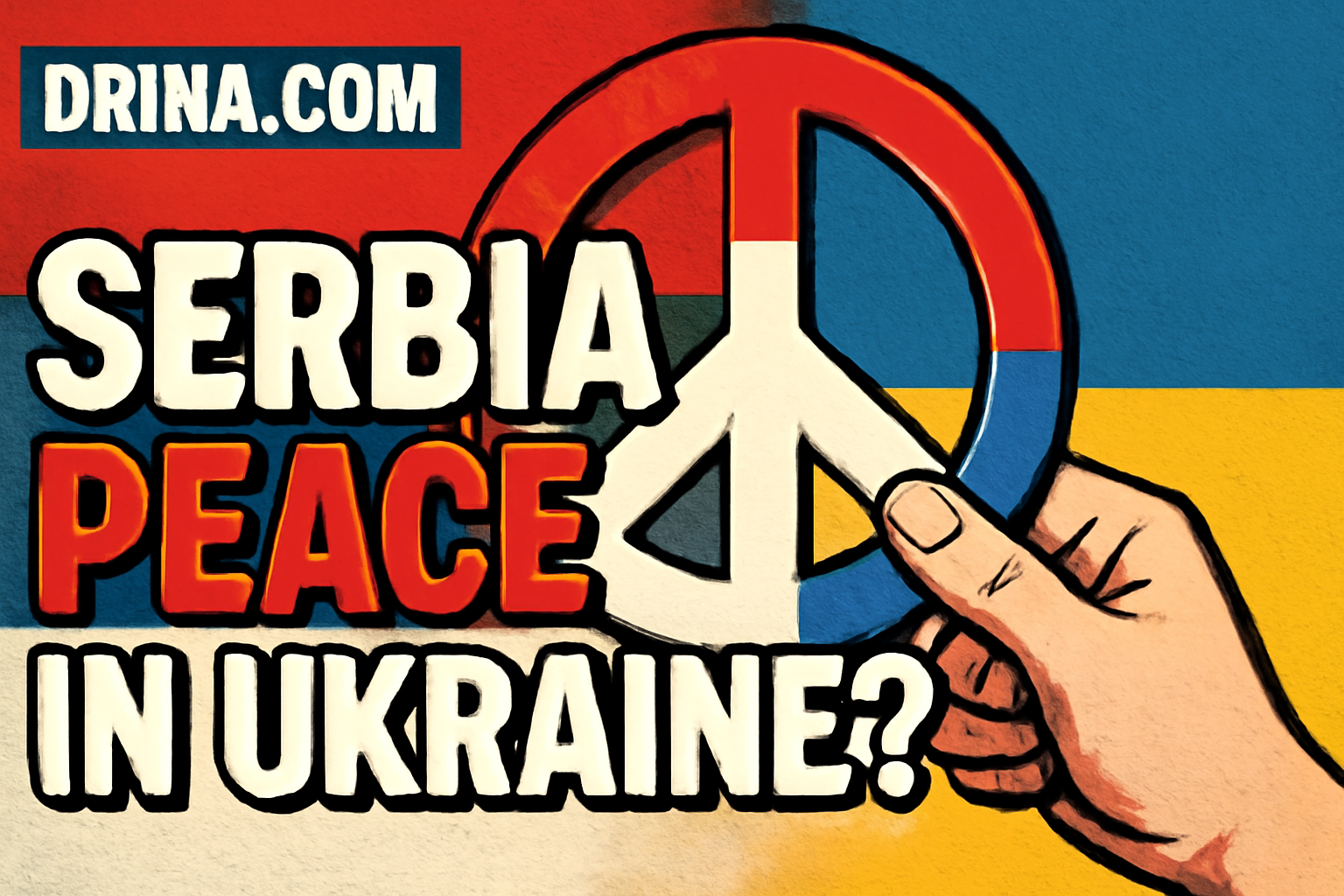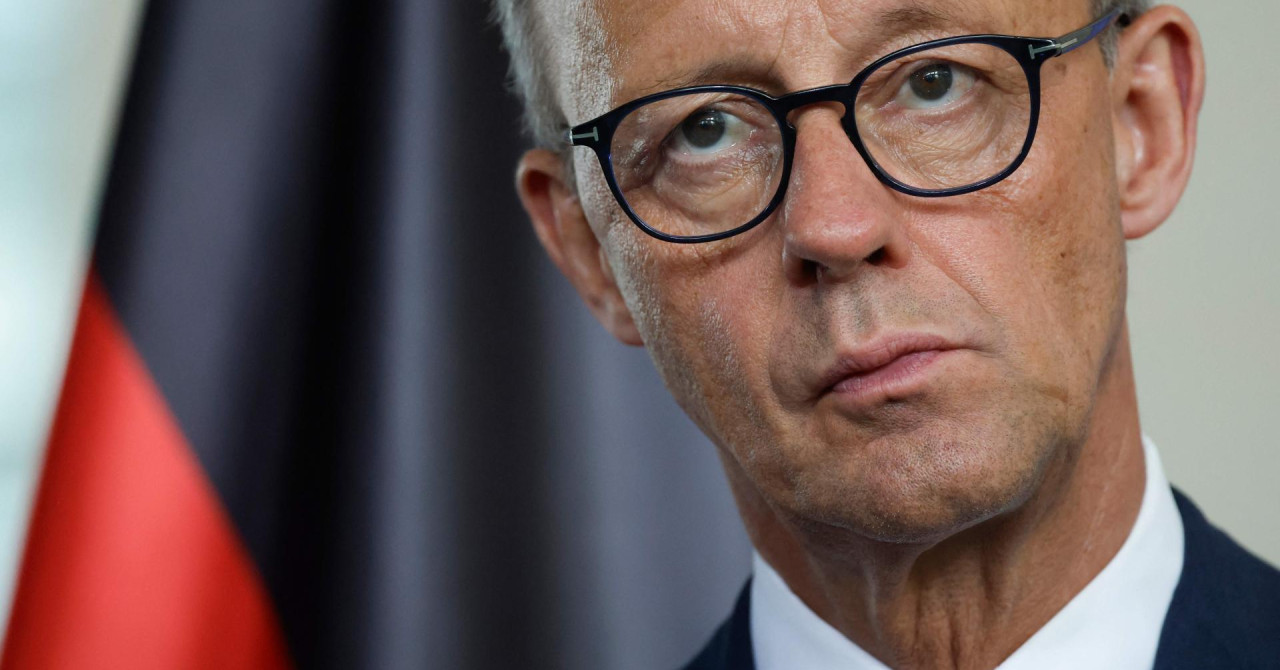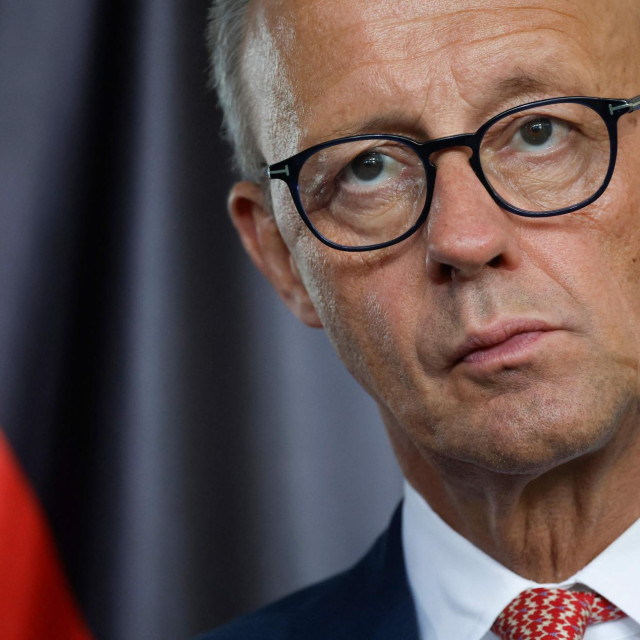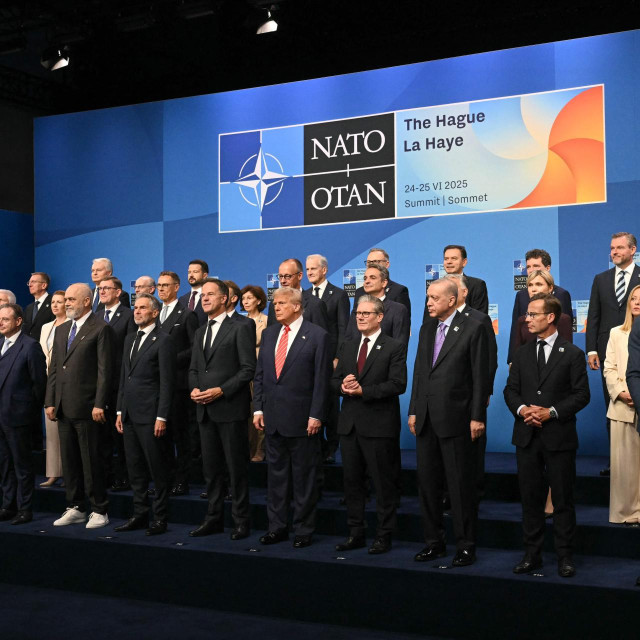Serbia on the World Stage: Đurić Ready to Host Talks on Ukraine!
Is Serbia finally getting a chance to shine on the international stage? Marko Đurić, Serbia’s Minister of Foreign Affairs, makes it clear: Serbia is ready to host any talks that could help resolve the conflict in Ukraine!
At a conference in Rome focused on Ukraine’s reconstruction, Đurić emphasized that Serbia supports peace and stability and is ready to host public, private, and informal talks—anything that can help end hostilities.
This is not just diplomatic talk—Đurić personally met with Kit Kelogg, the special envoy of U.S. President Donald Trump, who promised to relay the message to the U.S. president.
Serbia, which previously helped Ukraine after NATO bombings, now wants to show it is a reliable partner in international peace efforts. Đurić stressed that Serbia stands for international law and the UN Charter and will be present wherever discussions about helping civilians affected by the war take place.
At the conference, Đurić also greeted European Commission President Ursula von der Leyen, the German Chancellor, and other European leaders, further highlighting Serbia’s growing international profile.
Meanwhile, in Rome, a summit was held with U.S. Secretary of State Mark Rubio and Russian Foreign Minister Sergey Lavrov, underscoring the importance of diplomatic efforts regarding Ukraine.
Serbia wants to seize this opportunity to present itself as a bridge between great powers and contribute to peace in the region and beyond. Will Belgrade really become the venue for a historic Trump-Putin meeting? Time will tell, but one thing is clear—Serbia does not want to miss this chance.
What do you think about Serbia’s ambitions? Is this just another diplomatic show or a real opportunity for the country? Drop a comment and let’s see who’s for or against this idea!
Germany and Patriot Missiles for Ukraine: A New Military Twist?
While Serbia offers a diplomatic home, Germany plans to ramp up military aid to Ukraine! German Chancellor Friedrich Merz announced that Germany plans to purchase American Patriot missile defense systems for Ukraine.
Talks with the U.S. are ongoing, and a final decision has not yet been made, but it’s clear Germany will continue to support Ukraine militarily. Ukrainian President Zelensky confirmed that Germany and Norway plan to pay for a total of three Patriot systems for Ukraine.
Patriot systems are the most advanced and effective at intercepting ballistic and cruise missiles, giving Ukraine a significant defensive advantage.
Merz also called on Trump to remain committed to Europe and not abandon allies, emphasizing the need for a stable political order in the world.
This military support comes at a time when Russia refuses to participate in peace talks, further complicating the situation.
Is this the start of a new escalation phase or a step toward peace? Share your thoughts—are missiles the answer or the problem?
Political Dimension: Serbia Between Diplomacy and Geopolitics
As Serbia tries to position itself as a peacemaker and host of talks, Europe and the world prepare for new military deliveries to Ukraine. This situation places Serbia in a difficult position between great powers.
Đurić clearly stated that Serbia stands for international law and wants to help civilians, but it will be challenging to balance between Russian and Western interests.
The diplomatic activity in Rome, where both American and Russian officials met, shows how complex the situation is and how ready Serbia is to engage in conflict resolution.
Will Serbia manage to use this opportunity to boost its international image or remain all talk?
In any case, the world is watching, and we’re commenting. Who do you think is the main player in this game?
Conclusion: Serbia at a Crossroads
Serbia stands at a crossroads—can it become a key player in resolving the Ukraine crisis or remain an observer? Đurić’s statement about readiness to host talks is a bold move but requires much more than words.
Meanwhile, Germany and other allies continue arming Ukraine, which could lead to further escalation.
This situation is a chance for Serbia to show diplomatic maturity and willingness to contribute to peace, but also a test of its ability to balance between great powers.
What about you? Should Serbia embark on this diplomatic adventure or stay on the sidelines? Share your opinion because topics like this can’t just be watched—they must be lived and discussed!
Alright, your turn now—can Serbia be a peacemaker or is this just another political show? Drop a comment and let’s see who has the wildest theory!












